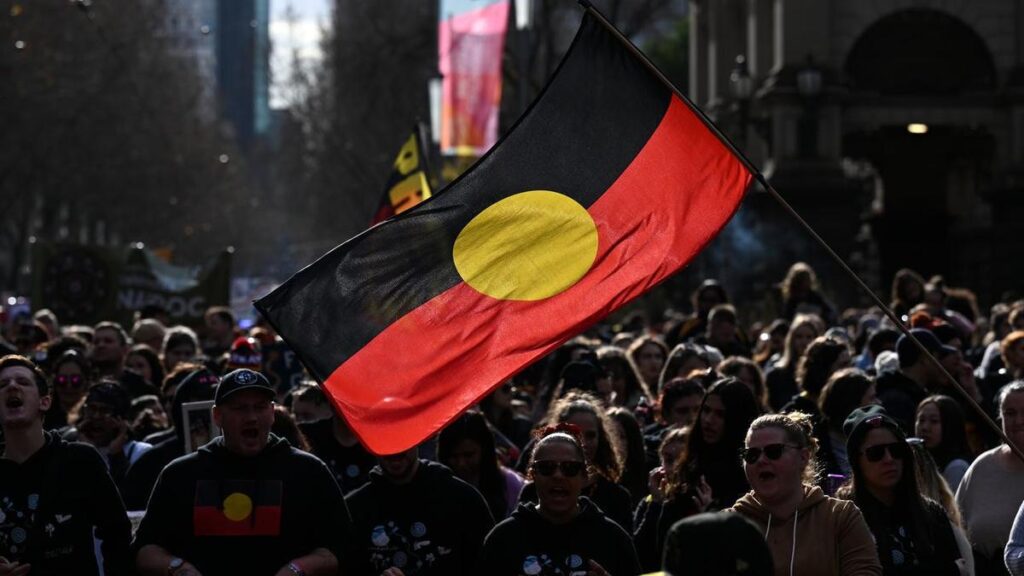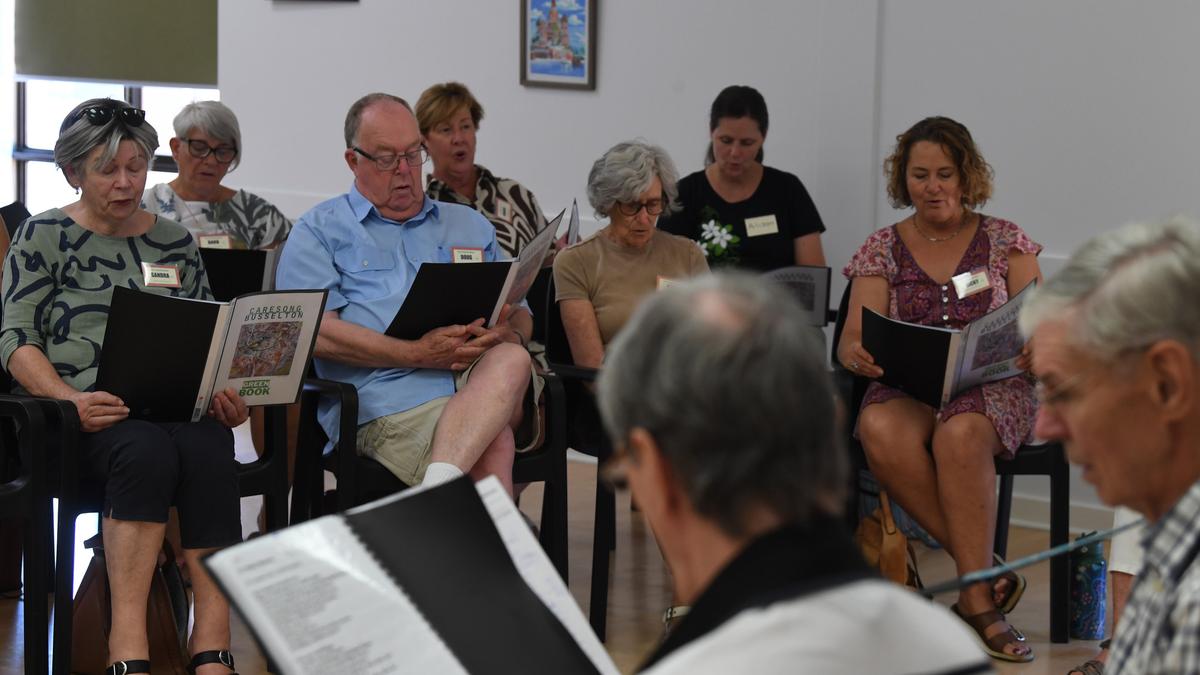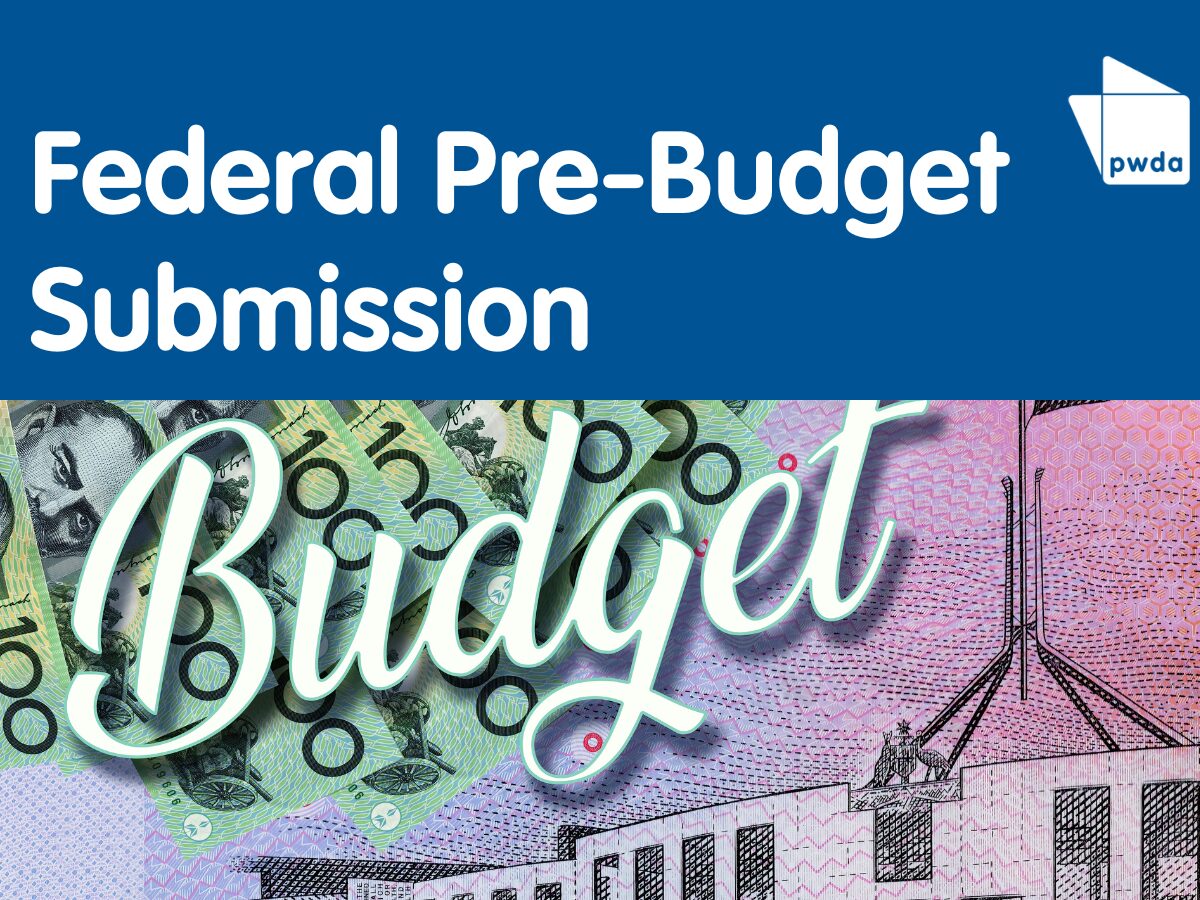
Historic treaty legislation in Victoria marks a significant milestone for Indigenous rights in Australia. The legislation, which established the Gellung Warl, a new body under the state’s First Peoples Assembly, empowers Indigenous representatives to make decisions on matters directly affecting their communities. While the bill has successfully passed through parliament, the actual negotiations for treaties are not expected to commence until after July 2026.
This groundbreaking achievement makes Victoria the first Australian jurisdiction to enact treaty laws. The legislation requires approval from Governor Margaret Gardner and is set for public signing between the government and the First Peoples Assembly at Federation Square on December 12, 2023. Following this, representatives for the Gellung Warl will be elected, allowing for treaty negotiations to begin.
Natalie Hutchins, Victoria’s Treaty and First Peoples Minister, expressed confidence in the treaty process. She stated, “The treaty is going to happen, and quite frankly, other states will be welcome to work with us ongoing to implement that and truth-telling as well.” Despite the lengthy timeline, the legislation has been heralded as a model for other states and territories, demonstrating what is possible in the pursuit of Indigenous rights.
The National Native Title Council acknowledged the significance of the legislation. Chief Executive Jamie Lowe emphasized that while the treaty does not erase the history of dispossession, it recognizes that “Victoria was built on stolen land, and charts a path forward.” He described the new laws as the beginning of a transformative era for treaties in Australia.
It has taken over a decade for Victoria to reach this point, marking a historic first in a country where such legislation had never been enacted. According to Harry Hobbs, an associate professor at UNSW Law, “Now other jurisdictions in Australia can look at what Victoria’s done and say, ‘if we go ahead on a treaty process, we can learn from what they’ve done.'” This precedent may influence future treaty discussions across the nation.
The Australian Federation of Islamic Councils has praised Victoria’s initiative, urging all states, territories, and the federal government to adopt similar approaches. President Rateb Jneid emphasized that “reconciliation cannot be a symbolic gesture; it must be a structural and sustained commitment to justice and equity.”
Despite the widespread support for the treaty legislation, there are dissenting voices. The state opposition, particularly the Liberal Party, has expressed skepticism regarding the treaty’s effectiveness in closing the gap between Indigenous and non-Indigenous Australians. They have pledged to repeal the law within 100 days if they win the next state election.
As Victoria embarks on this journey toward treaty negotiations, the outcomes will be closely watched, both locally and nationally, as they may set the stage for a broader movement toward Indigenous recognition and rights across Australia.







